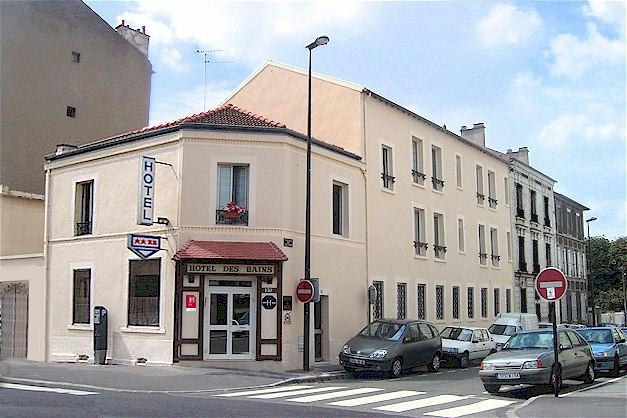Europe, January 2009. Gas supplies from the east are severed leaving half of the continent shivering. This gas crisis exposed Europe’s dependence on energy imports, which at present includes over 60% of its gas.
Dwindling energy resources and increased demand mean that the EU’s energy dependency is set to get worse with gas imports rising to 70-80% by 2030.
Such massive energy imports will cost an additional EUR 700 a year per EU citizen.
As the gas crisis showed, energy dependency can be a major risk and lead to severe economic damage for those hit by supply cuts.
Europe therefore needs to diversify its suppliers and supply routes to avoid being dependent on a single exporter.
Above all, to improve its energy security Europe needs to develop a well-functioning EU internal energy market.
At present, energy flows often stop at Member State borders because of lack of interconnected infrastructures leading to inefficient supply and wasted resources.
The solution? Greater interconnectivity and flexibility of the national gas and electricity grids. This will allow permanent exchange of energy and additional security of supply for all EU Member States.
Energy diversification also depends on developing new supply routes and interconnections. The EU supports major new gas and electricity infrastructure projects to link Europe to North Africa and gas rich countries of the Caspian and Middle East regions through strategic initiatives, such as the Nabucco pipeline.
When completed, this 4 000 kilometre pipeline should supply Europe with 31 billion cubic metres of gas each year.
The EU also supports better energy flows between Member States to link isolated regions – for example to connect the Baltic states to wider European energy networks.
Improving energy security also means allowing gas to flow more easily between EU Member States by building bidirectional pipelines that pump gas when and where it is most needed.
Using energy more efficiently, while diversifying the EU’s energy mix will also lessen reliance on external supplies.
Boosting renewable sources of energy such as solar, wind and water power not only produces more ‘home-grown’ energy but will help the EU fight climate change by reducing greenhouse gas emissions.
The modernisation of our networks is essential to make that change happen.
The European way of life depends on plentiful supplies of energy. The challenge for the future is to make sure that this energy is clean, reliable and secure.


